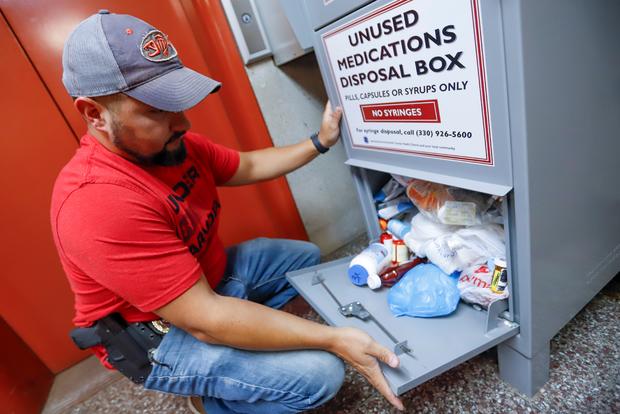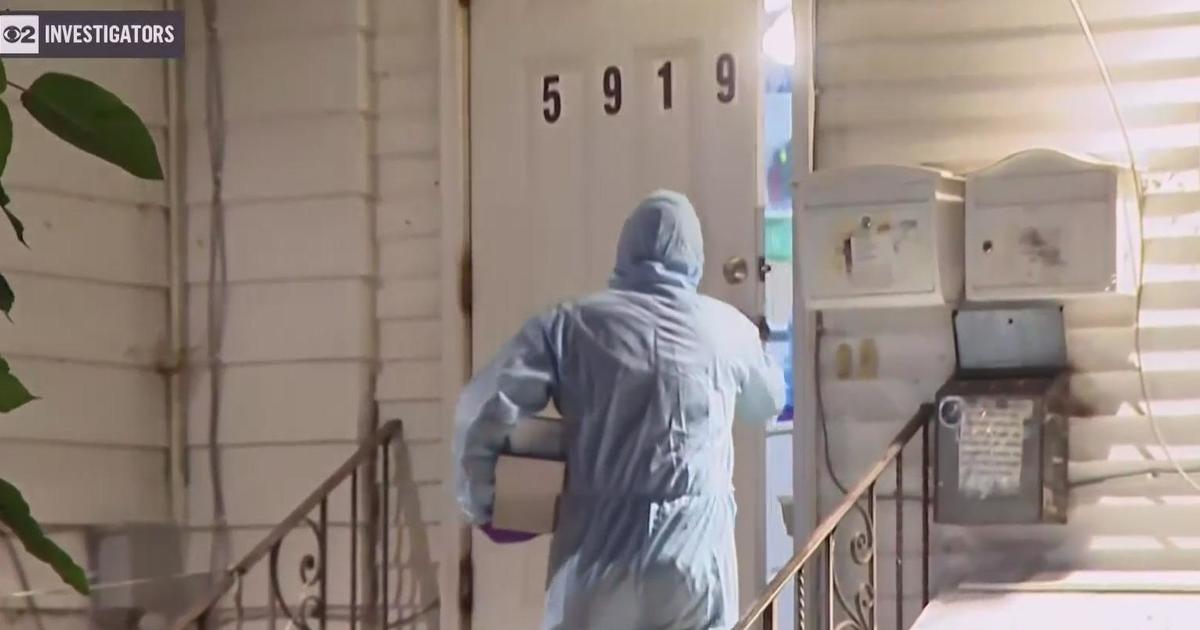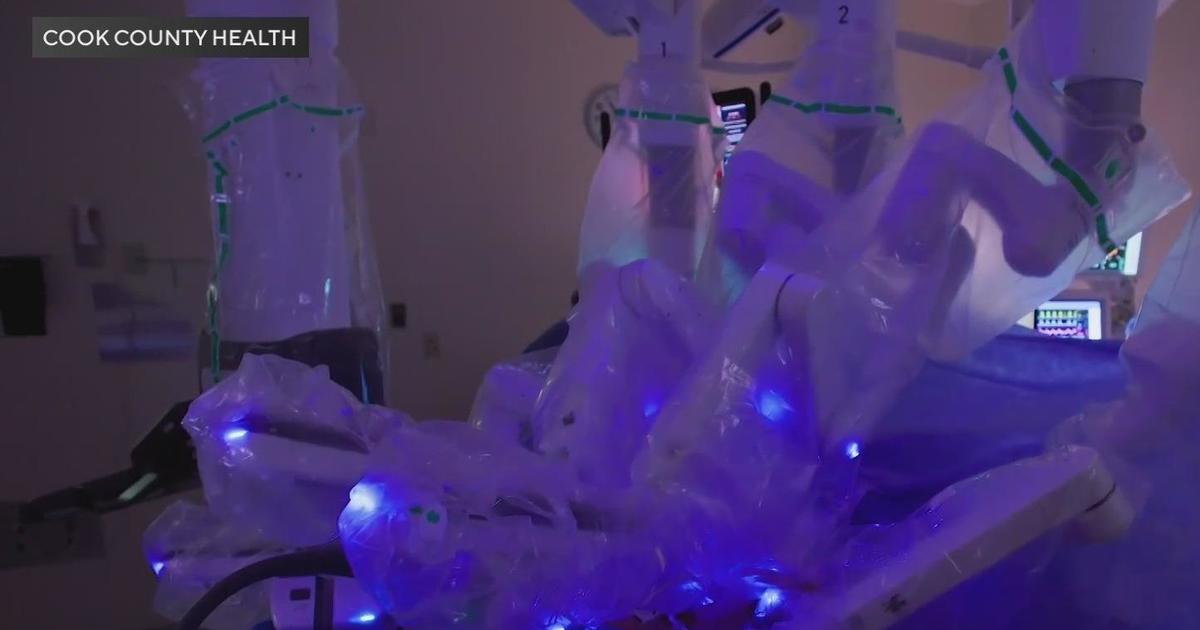Pharmacies: Prescribers Bear Responsibility In Opioid Crisis
(AP) — Doctors and other healthcare practitioners who write prescriptions bear ultimate responsibility for improper distribution of opioids to patients, not pharmacists who are obliged to fill those prescriptions, a series of pharmacy chains argued in federal court.
The filings, which were submitted Monday to the federal judge in Cleveland who has been overseeing the national opioid lawsuits, asked the judge to rule in the pharmacies' favor and reject claims brought by some Ohio counties. The judge has scheduled an October trial for claims against CVS, Rite Aid, Walgreens, HBC and Discount Drug Mart.
Officials from Summit and Cuyahoga counties, home to Akron and Cleveland respectively, allege that pharmacies contributed to the addictions crisis by filling prescriptions for an "excessive volume" of opioids written by doctors and other practitioners.
Such allegations ignore the role that cash-for-medication "pill mills" played, along with Internet pharmacies, independent pharmacies, clinics and others, the filings said. In many cases, those entities dispensed medications in greater volume than the chains being sued are accused of doing, the pharmacies said.
The allegations by Cuyahoga and Summit counties also ignore the fact that pharmacies dispensed drugs based on doctors' prescriptions, who ultimately must bear responsibility, Monday's filing said. All those prescriptions were written by practitioners authorized by the state of Ohio and registered with the U.S. Drug Enforcement Administration, according to the pharmacies.
"A prescription for a controlled substance is an order for a medication that may be issued only by a physician or other authorized healthcare practitioner," lawyers for the pharmacy chains argued. "While pharmacists are highly trained and licensed professionals, they did not attend medical school and are not trained as physicians."
Messages were left seeking comment with Cuyahoga and Summit counties.
The judge was scheduled to hear a broader case last year, but most parties settled. Talks continue toward a possible national settlement that could end all the lawsuits related to the epidemic, which has killed more than 400,000 in the U.S. since 2000.
Copyright 2020 The Associated Press. All Rights Reserved. This material may not be published, broadcast, rewritten or redistributed.





